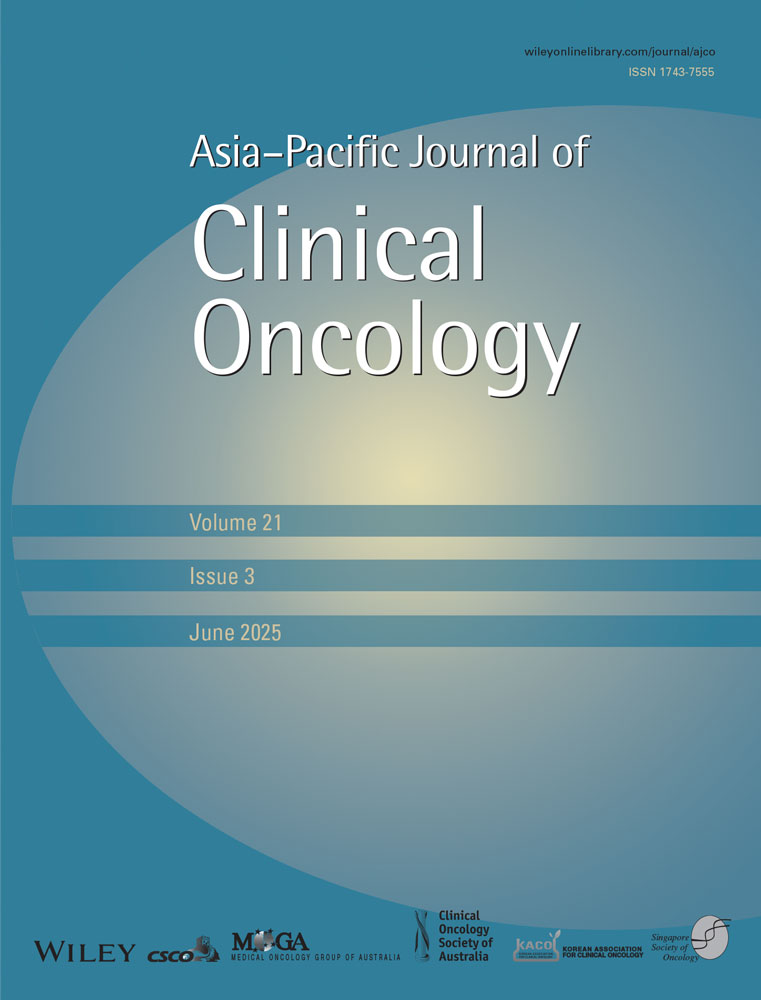Deficient Mismatch Repair and BRAF Mutations in Metastatic Colorectal Cancer in the South Island of New Zealand
ABSTRACT
Aim
Manatū Hauora, the Ministry of Health of New Zealand (NZ), published minimum standards for molecular testing of colorectal cancers (CRCs) in June 2018. These included mismatch repair (MMR) testing at diagnosis and BRAFV600E mutation analysis on newly diagnosed stage IV CRCs. This study aimed to determine the proportion of patients with CRC in the South Island of NZ with metastatic deficient mismatch repair (dMMR) CRC, the proportion of metastatic CRCs and dMMR CRCs that have a BRAFV600E mutation, and audit testing for BRAF mutations and appropriate referral to genetics services.
Methods
People from the South Island with histologically diagnosed colorectal adenocarcinoma between July 1, 2018, and June 30, 2019, were identified by the National Cancer Registry. Data points extracted from the electronic medical record included staging, MMR status, BRAF mutation testing, and genetics referral.
Results
A total of 845 patients met the inclusion criteria; 166 of 845 (19.6%) had dMMR CRC, and of these 130 (78%) had BRAF mutation, 256 patients developed metastatic disease by data cut-off, 20 (7.8%) had dMMR, and 41 (22.2%) had BRAF mutation. When indicated, 275 of 330 (83.3%) were tested for BRAF mutation and 32 of 45 (71.1%) referred to genetics. Compared with other populations, South Island CRC patients had higher rates of dMMR and BRAF mutation.
Conclusion
Less than 10% of patients (n = 20) had metastatic dMMR CRC. These patients could be considered candidates for immune checkpoint inhibitor therapy, a small number that would not significantly burden the NZ health system if funded. The vast majority of dMMR CRC was sporadic. Rates of testing could be improved.
Conflicts of Interest
The authors declare no conflicts of interest.
Open Research
Data Availability Statement
The data that support the findings of this study are available on request from the corresponding author. The data are not publicly available due to privacy or ethical restrictions.




